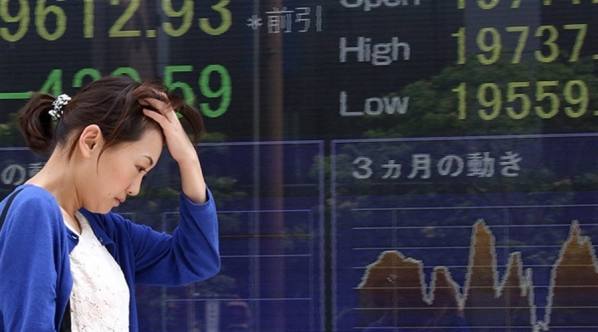
Successful forex traders know how to manage and remove their emotions from trading. This outcome is achievable by overcoming greed, habitually following risk management strategies, and employing a consistent trading plan. Identifying moments of emotional trading, detaching, and reframing back into a strategic mindset can be challenging.
That is why our team has created this Forex Trading Psychology Guide on how to manage and master your emotions when trading forex. Learn to minimize trade errors, mitigate your risk exposure and what guidelines you should follow for developing a long-lasting risk management strategy. Our core lessons include:
The Basics of FX Trade Psychology
Understanding Fear Of Missing Out
How to Overcome Greed
Risk-to-Reward Ratio
Tapping Into a Successful Trading Mindset
Managing Forex Trading Psychology
What is trading psychology, and why is it important? Trade psychology is a broad term that encompasses the emotions and behaviors of traders, including excitement, impatience, anxiety, greed and fear — as with many professions, mastering the environment and psychology is a process that takes time and commitment.
Trade Psychology is vital because it is your mind that determines how you react to trade outcomes, respond to volatile market movements and also tests a traders resolve for using their management strategy. Unfortunately, most forex market participants experience financial losses, resulting in far more negative than positive psychological effects.
The three most common causes of traders becoming their worst enemy include:
Martingale or doubling down losing trades (when fear turns to greed).
Closing positions before price reaches the target (fear of financial loss).
Participating in FOMO trading (fear turns into greed).
The financial markets do not care about your emotions. Those traders who can effectively manage both positive and negative aspects of trade psychology are best suited to handle the rigorous volatility of foreign exchange markets.

Leave a Reply